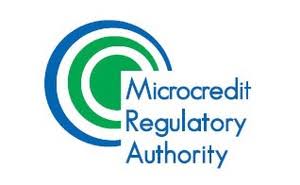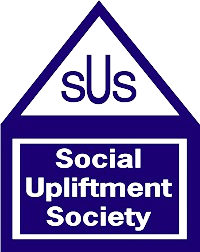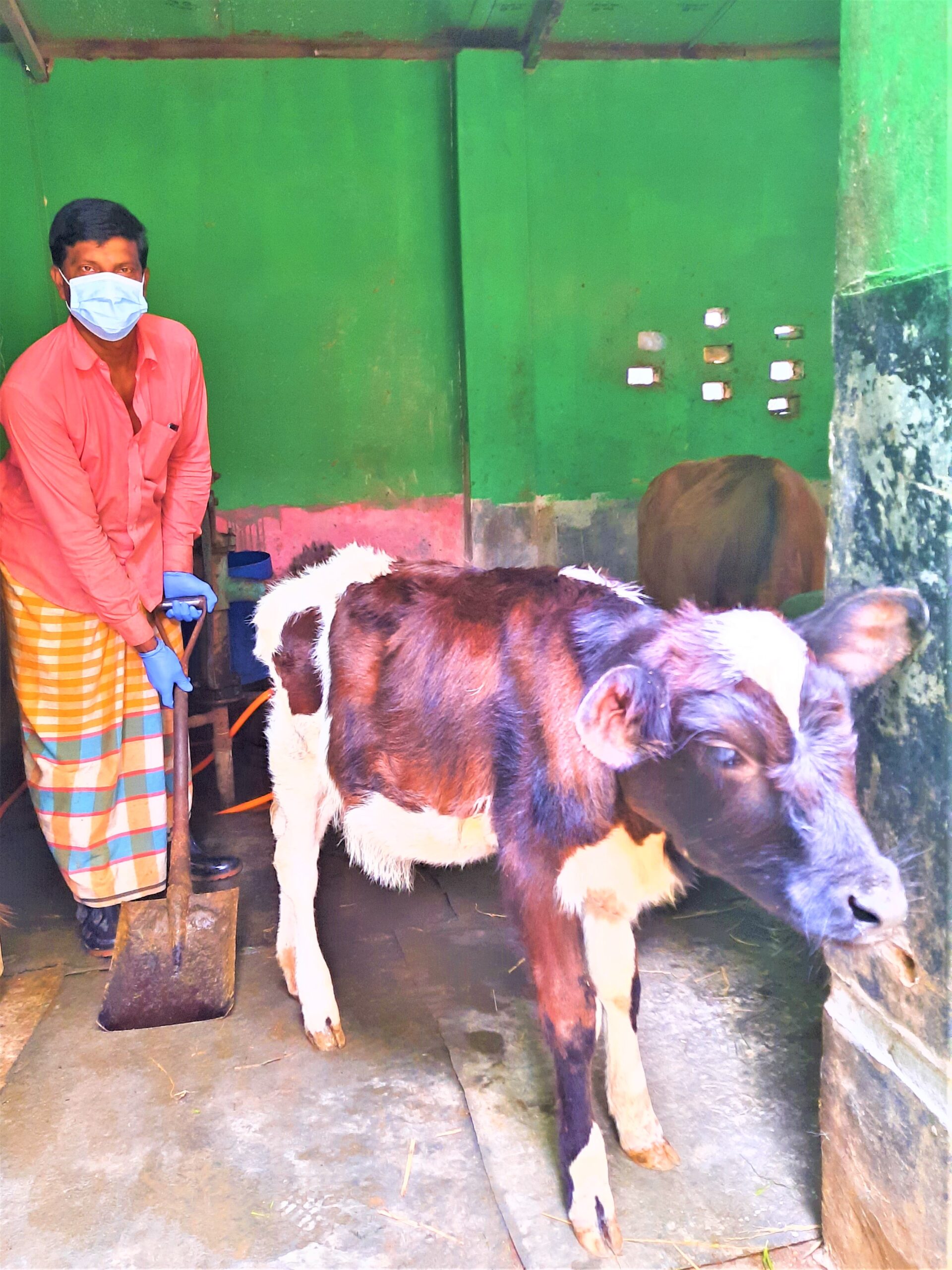About SUS
Social Upliftment Society (SUS) is a women-led Non-Political, Not-for-Profit and Non-Governmental Organization (NGO) which formally started its journey in the development sector of Bangladesh in the year of 1990 with an aim of improving the socio-economic condition of the disadvantaged and under privileged people with a clear focus on women empowerment.

Introduction of SUS
- In 1988 Bangladesh faced a devastating flood; the surrounding Upazilas of Dhaka District went under water.
- Ms. Hamida Begum, a humanitarian activist along with some local volunteers came forward to reduce the sufferings of the flood affected people and started for carrying out relief & rehabilitation activities with their own fund. And formed this organization to carry out social works.
- SUS received a Grant from OXFAM-UK for rehabilitation of flood affected people.
- SUS, with an organizational setting, accomplished its first task successfully.
Vision
Mission
Goal
Social Upliftment Society (SUS) seeks a country of social justice,where poverty has been overcome and people live in dignity and security.
SUS aims at building socially and economically empowered society. Where the people will be able to plan, prioritize and implement their own development programs.
To ensure effective participation of the disadvantaged community people in the process of planning and implementing various development projects and programs both at the local and national levels.
Governance Structure
Governance Structure
Governance Structure
General Committee
General Committee
Executive Committee (EC)
Executive Committee (EC)
Management Structure
Head of SUS Management
Head of SUS Management
Senior Management
Team (SMT)
Senior Management Team (SMT)
Staff Members
Staff Members
Key Programmatic areas
Financial Services
Income Generating Activities (IGAs); Micro Enterprise (ME) and Small and Medium Enterprise (SME); Savings and insurance services; Asset Building including housing; Beggar Rehabilitation.
Health
Agriculture
Disaster and Relief
Education
Women Empowerment
Social Safety Net Program (SSNP)
Vulnerable Group Development (VGD); Vulnerable Group Feeding (VGF).
Water, Sanitation and Hygiene (WASH)
Environment
Human Rights
Human Development
SUS Stakeholders / Clients
The primary stakeholders are those who directly benefit from or those people whose problems are addressed by the SUS’s development projects and programs. The primary stakeholders of SUS include (but not limited to): Vulnerable Community people, Slum/Squatter Dwellers, Disadvantaged women, children, elderly people, Youth & Adolescents, Physically challenged people etc.
Linkage and Network
Excellent working relationship/linkage has been developed with local level GoB service providers like DAE, DLS, and Department of Mass Education, Department of Health and Family Welfare, Department of Social welfare, Department of Woman affairs etc
SUS Linkages and Network with other organizations are with: Micro-Credit, Summit, Washington; PKSF-Net Work; InM; ADAB; NGO-Forum; Anukul Foundation, MDF; Credit Development Forum (CDF); Traffic Watch Bangladesh(TWB); WBB Trust.
Geographical Coverage
Legal Status

NGO Affairs Bureau: No. 1094; Date: 02/11/1996

Microcredit Regulatory Authority (MRA): No. 00161-00209-00014; Date: 05/09/2007

Department of Social Services: No. Dha-02411; Date: 09/05/1990

Directorate of Family Planning: No. 73/95; Date: 26/09/1995

Directorate of Women Affairs: No. 39/91; Date: 17/09/1991
Directorate of Youth Development: No. 97/94; Date: 21/07/1992
Address with Contact Us
Address:
Head Office: C-25, Jaleswar, Shimultala, Savar, Dhaka-1340
Phone No:
88-02-77446229, 88-02-7742403
Email :
sushelp360@gmail.com



